Honda and Nissan in Merger Talks: Foxconn's Role Amidst Industry Shifts
![]() 12/19 2024
12/19 2024
![]() 652
652
On December 18, Japanese media reported that Honda Motor and Nissan Motor had entered into merger talks, with the possibility of joining forces with Mitsubishi Motors in the future. The objective is to pool technical expertise and operational resources, enabling them to adapt to the rapid pace of global competition and aspire to become the world's third-largest automotive group.
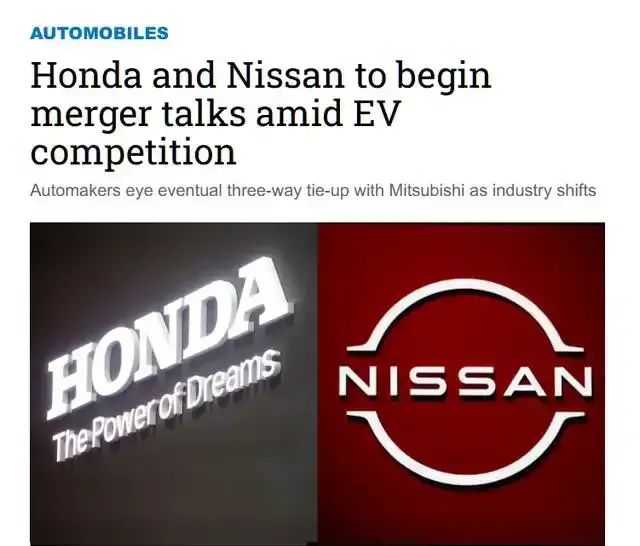
Reacting to this news, Nissan Motor and Mitsubishi Motors saw their share prices surge immediately upon the opening of the Japanese stock market on December 18. Nissan's shares skyrocketed by as much as 24%, hitting the daily trading limit.
Addressing the authenticity of the reports, Honda's president informed the media on the morning of December 18, "We are currently exploring various possibilities, including cooperation, but no decision has been made yet. Should there be any developments, we will promptly make an announcement."
Pooling Resources for Survival
While the rumored merger between Honda and Nissan would have been groundbreaking news a few years ago, it is now a common strategy in the era of new energy vehicles, aimed at navigating the challenging transition phase together.
Performance data indicates that in the second quarter of this year, Nissan Motor's net profit plummeted 99% year-on-year, from 128.6 billion yen to just 995 million yen. By the third quarter, Nissan incurred a net loss of 9.3 billion yen, unable to sustain even the slimmest of profits. This decline is directly attributable to poor sales in the Chinese and American markets.
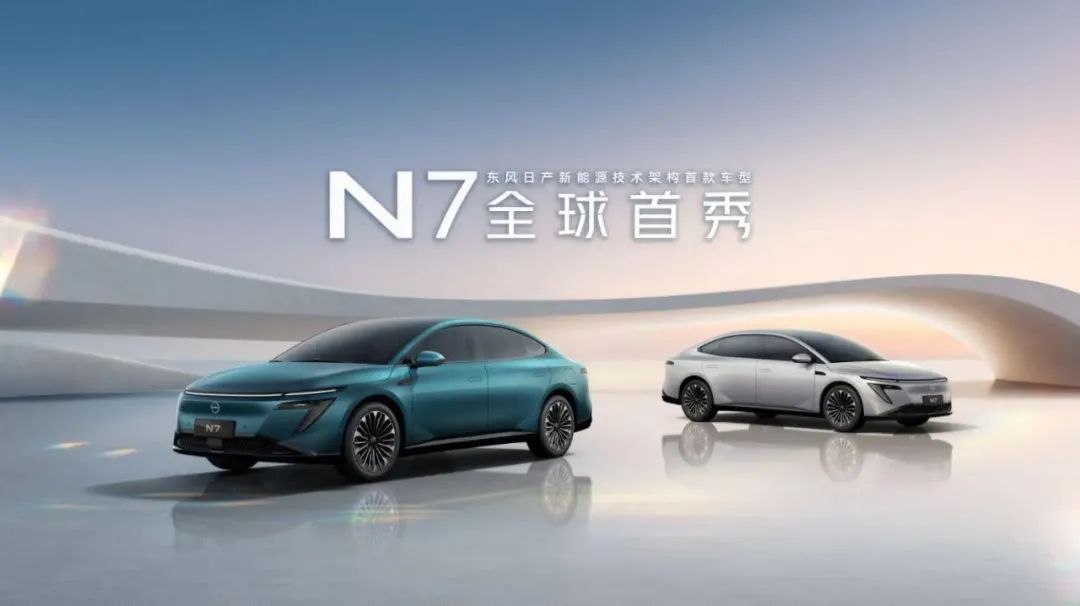
Similarly, Honda has witnessed a decline in both profits and sales in the Chinese market. From January to November 2024, Honda's sales in China fell by 30.7% year-on-year. Honda has also announced plans to reduce its global production capacity by approximately 500,000 units, equivalent to 10% of its total capacity, including an initial reduction in production in the Chinese market.
Due to their sluggish transition towards electrification and intelligence, despite maintaining respectable global sales figures, both Honda and Nissan have seen their profits diminish. With automobile manufacturing becoming less profitable, companies are seeking solutions, and resource integration emerges as a viable strategy to navigate this transitional phase.
A New Global Automotive Landscape
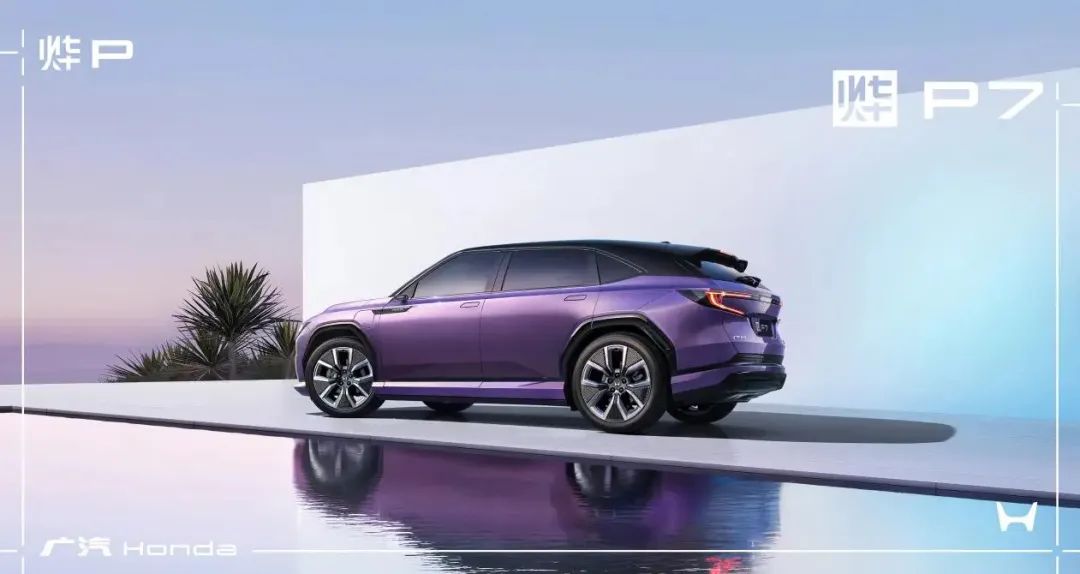
In September, General Motors announced its intention to collaborate with Hyundai Motor on the joint development of electric vehicles and next-generation vehicle software. In Europe, BMW and Toyota announced a comprehensive partnership on fuel cell vehicles. In the United States, the emerging electric vehicle manufacturer Rivian Automotive has partnered with Volkswagen.
China has witnessed even more collaboration and merger cases, including Volkswagen's tie-up with XPeng, Nissan's partnership with Huawei, the channel merger between SAIC Volkswagen and Skoda, and the integration of Geely Auto's Geometry, Lynk & Co, and ZEEKR. All these initiatives aim to better navigate the challenging transition period.
Both Honda and Nissan have yet to deny the merger and cooperation rumors. In email statements, both companies affirmed, "The content of the relevant reports was not issued by our company. As announced earlier this year, Honda and Nissan are exploring various possibilities for future cooperation to leverage each other's strengths. Should there be further developments, we will inform stakeholders at an appropriate time."
A Potential Automotive Giant
Should Honda and Nissan successfully merge in the future, they would create an automotive giant capable of rivaling Toyota. Essentially, this would consolidate the Japanese automotive industry into two major players, providing Honda and Nissan with additional resources to compete with larger global competitors.
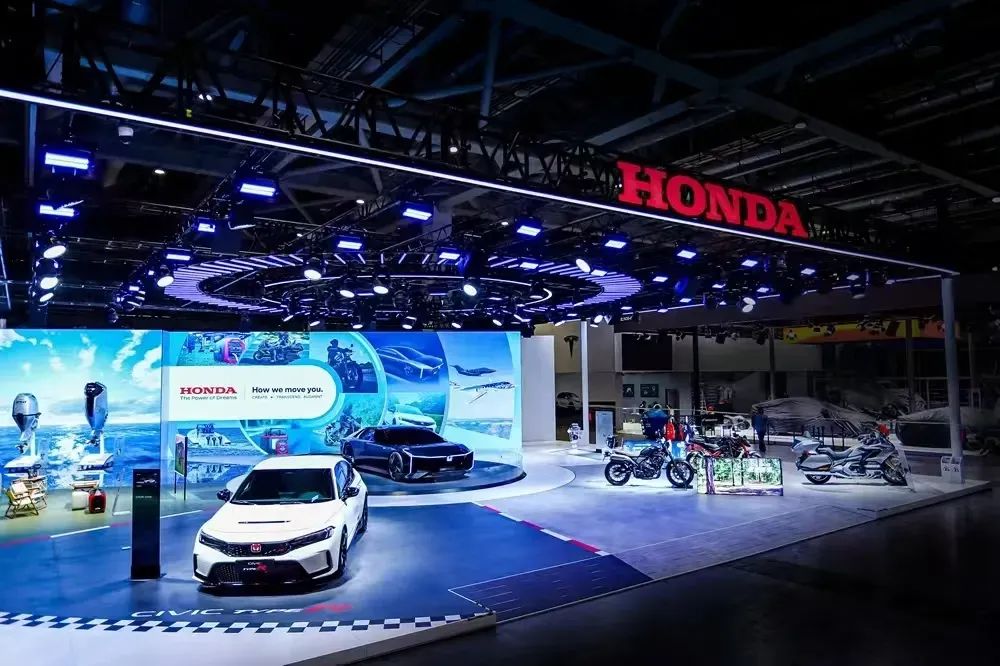
It is worth noting that in the first half of this year, Honda, Nissan, and Mitsubishi collectively sold approximately 4 million vehicles globally, significantly fewer than the 5.2 million vehicles sold by Toyota alone. Therefore, even if these three companies merge, they will still be smaller in scale compared to Toyota. However, the benefits of the merger are likely to outweigh the drawbacks.
Foxconn's Ambitions in the Automotive Industry
Amidst the buzz surrounding the potential Honda-Nissan merger, Hon Hai Technology Group (also known as Foxconn), which has long aspired to enter the automotive industry, is also keen to participate.
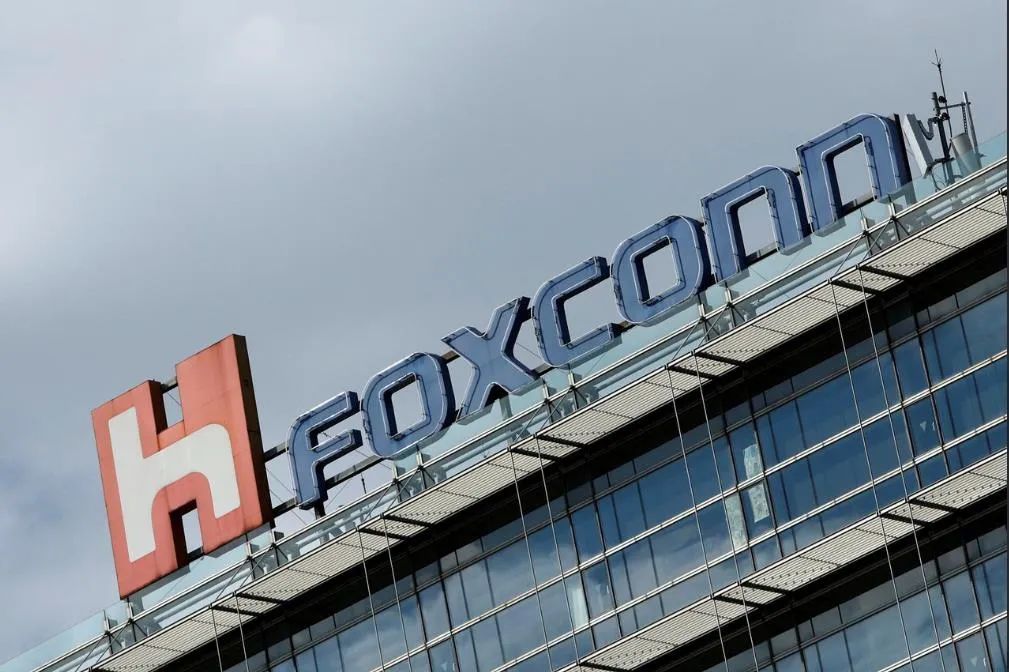
Reports indicate that Foxconn has approached Nissan Motor with intentions to acquire a majority stake. Informed sources revealed that Foxconn, which has been heavily investing in electric vehicle manufacturing facilities, is interested in acquiring all of Nissan's assets, encompassing not just factories and equipment but also its automotive line-up.
According to foreign media, Foxconn expressed interest in acquiring Nissan to Mizuho Bank earlier this spring, and Renault, which holds a 35% stake in Nissan, is also interested in selling its Nissan shares to Foxconn.
However, Nissan is reluctant to sell its hard-earned assets to an overseas company. The previous Ghosn incident already demonstrated Nissan's reluctance to involve overseas capital.
It is reported that Nissan will hold a board meeting next Monday (December 23) to vote on a memorandum of understanding (MOU) for merger negotiations with Honda. Sources indicate that the MOU is likely to include a restrictive clause prohibiting Honda or Nissan from negotiating with third parties during the merger talks, aimed at thwarting Foxconn's acquisition plans.
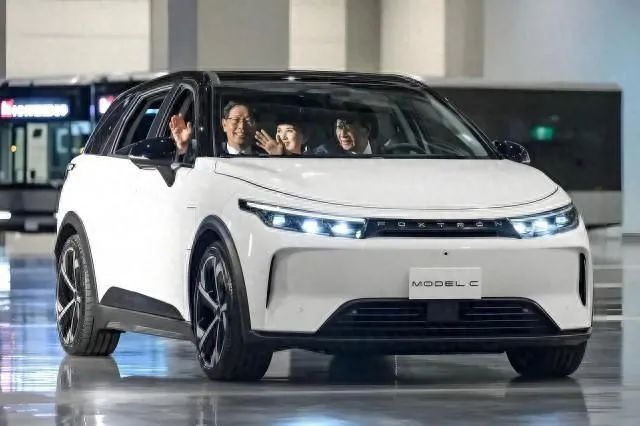
In recent years, Foxconn has encountered numerous setbacks in the automotive industry. Previous collaborations with Byton, Fiat, XPeng, Geely, and Yulon have had minimal impact and even harmed several emerging automotive brands.
Despite these failures, Foxconn's dream of manufacturing cars remains unbroken.
Earlier this year, Foxconn registered Foxconn New Energy Vehicle Industry Development (Henan) Co., Ltd. in Zhengzhou Airport Economic Zone, Henan Province. This company is wholly owned by Foxconn New Business Development Group Co., Ltd., and its business scope encompasses components, new materials, and the sale of complete automobiles.
Should Foxconn succeed in acquiring Nissan, it would officially enter the automotive industry. This acquisition would not only grant Foxconn access to Nissan's extensive vehicle manufacturing expertise but also inherit its years of operational results. Most importantly, it would propel Foxconn's open platform MIH and facilitate collaboration with more automakers, enabling it to continue its contract manufacturing business and swiftly generate profits.
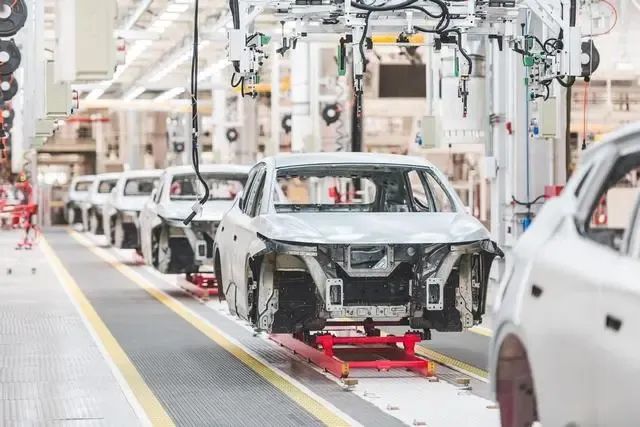
However, regardless of Foxconn's strategic planning, it is unlikely that Nissan will allow an outsider to take over. Although new energy vehicles involve a collaboration of suppliers, long-term commitment and substantial investment are still required in key areas such as autonomous driving and intelligent connectivity. It is challenging to replicate Apple's contract manufacturing model, which quickly yields large-scale production profits, within the automotive industry.
The recent collapse of Geely Auto's new energy vehicle brand further underscores that automaking is not merely about background and personality. In the automotive industry, long-term commitment and financial endurance are paramount. Over the years, many automotive brands have disappeared, demonstrating that automaking is not a quick path to wealth. Honda and Nissan understand this, but Foxconn seems to overlook this reality.








